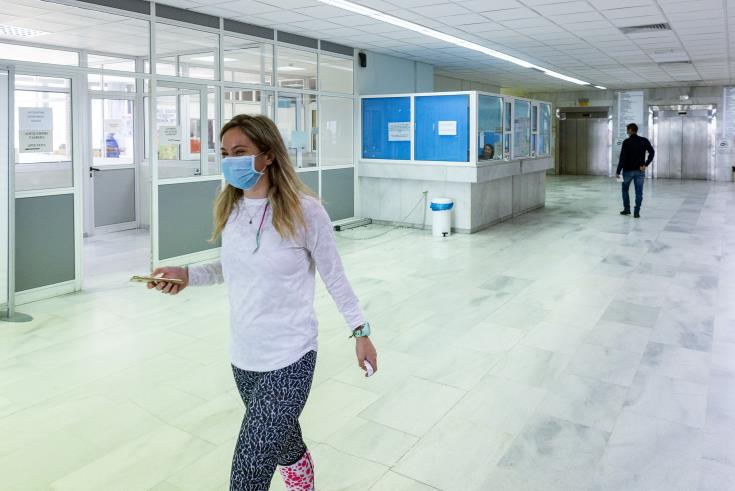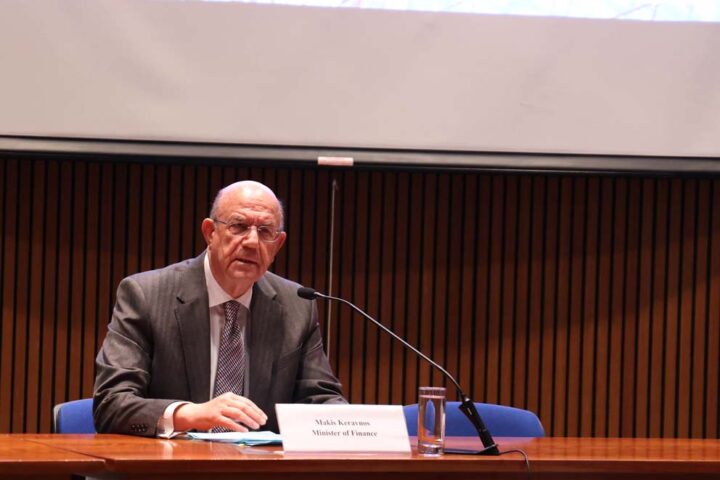The Cyprus government has decided to slash sick leave days for civil servants by a third, in a bid to boost productivity.
Finance Minister, Makis Keravnos, said that the Cabinet has decided to amend regulations, reducing the sick leave entitlement for public servants from 42 days to 28. At the same time, the period of absence without the need for a medical certificate, drops from eight to six days.
In his statements after Thursday’s cabinet meeting at the Presidential Palace, Keravnos said that “one of the government’s goals and priorities is the modernisation of public services,” describing it as an ongoing process with various stages.
He noted that three six-month periods of sick leave extensions will replace the two periods previously stipulated by existing regulations. This adjustment applies to chronic patients, with one period at full pay, the second at 60%, and the third with a 50% reduction in pay.
For chronic patients, the requirement for approval of sick leave extensions by a medical council is eliminated. Instead, extensions will be granted upon submission of a medical certificate with the approval of the relevant supervisor.
The minister said that the recent decision is part of the government’s efforts to reform the public services, recalling that previous decisions have seen the facilitation of remote working, and the introduction of flexible work hours.
IMF assistance
Keravnos also recalled the government’s outreach to the International Monetary Fund for technical assistance in rationalising the state payroll.
Responding to a question about instances of abuse of sick leave entitlement by public servants, Keravnos acknowledged past cases of misuse.
He said that the vast majority of civil servants do not make full use of the entitled 42 days, making it even more obvious that the relative legislation should be amended.
Earlier in September, the government approved the policy framework of flexible forms of employment in the public service, allowing for more remote work and flexible working hours, the application of which will come into effect at the end of the year.
Under the new framework, civil servants can work from home certain days of the week or for a continuous period during the year.
The regulatory framework also foresees that civil servants can opt to work reduced hours if they choose, as long as they are covered by the 2022 legislation governing leave and flexible working.
This includes new parents, parents with children up to 8, or people with disabilities.
Also, civil servants will see the extension of flexible working hours from the current 1½ hours to 2 hours, allowing them flexibility as to when they start and finish their shifts.










